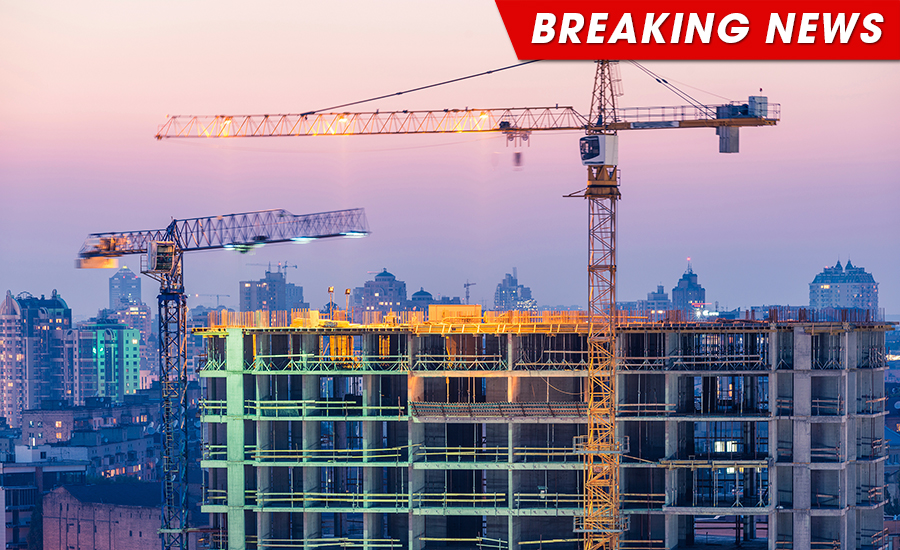Greenbuild Releases 2018 Sustainability Report

|
Informa and the U.S. Green Building Council (USGBC) announced the release of the 2018 Greenbuild Sustainability Report, highlighting valuable metrics and key benchmarks regarding the impact on sustainable sourcing, community involvement, and carbon footprint reduction at the 2018 Greenbuild International Conference and Expo, held last November at McCormick Place in Chicago. The event achieved an overall 86% waste diversion rate.
Greenbuild continues to prioritize sustainability and demonstrate leadership when it comes to greening the conference and events industry. This year’s conference will take place November 20-22 in Atlanta. Registration will open in the summer. |
Looking for a reprint of this article?
From high-res PDFs to custom plaques, order your copy today!




.jpg?height=200&t=1716940075&width=200)